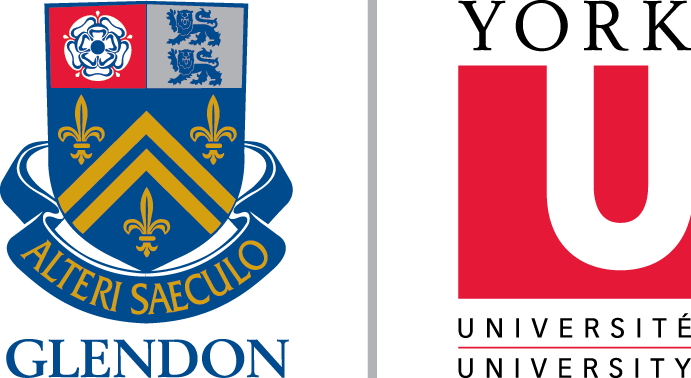Option 1: Course Work Stream (Capstone Seminar)
| Term 1 | Term 2 | Term 3 | Term 4 | Term 5 | Total |
|---|---|---|---|---|---|
| The Policy Process
Research Methods Colloquium 1 Elective |
Public Management
Economics and Public Policy Colloquium 1 Elective |
Internship | 3 Electives | 2 Electives
Capstone Seminar |
|
| 10.5 Credits | 10.5 Credits | 6 Credits | 9 Credits | 9 Credits | 45 Credits |
A total of 45 credits will be required to complete the Master’s degree.
You will have the opportunity to complete an internship (with a federal or provincial government, non-governmental organization or international organization), normally during the summer between Year I and Year II. If you do not complete an internship you will be required to complete six credits in lieu.
At least one-third of your course credits must be taken in your second language – English or French. This means a minimum of four courses in your second language. (The Colloquium, Internship and Capstone Seminar do not count towards the language requirement).
Option 2: Research Stream (Major Research Paper)
| Term 1 | Term 2 | Term 3 | Term 4 | Term 5 | Total |
|---|---|---|---|---|---|
| The Policy Process
Research Methods Colloquium 1 Elective |
Public Management
Economics and Public Policy Colloquium 1 Elective |
Internship | 3 Electives | Major Research Paper | |
| 10.5 Credits | 10.5 Credits | 6 Credits | 9 Credits | 0 Credits | 36 Credits |
Students who choose the MRP option will be exempted from the two elective courses in their second term of the 2nd year (last academic term) and exempted from the Capstone Seminar. The MRP is a substantial piece of original research in which students write about an original topic in public and international affairs. Their MRP is expected to situate the topic within the broader literature as well as the relevant theory, to explain the methodology and critique the sources used. Students pursuing this MRP option must first obtain permission from the Graduate Program Director.
A total of 36 credits will be required to complete the Master’s degree.
You will have the opportunity to complete an internship (with a federal or provincial government, non-governmental organization or international organization), normally during the summer between Year I and Year II. If you do not complete an internship you will be required to complete 6 credits in lieu.
At least one-third of your course credits must be taken in your second language – English or French. This means a minimum of three courses in your second language. (The Colloquium, Internship and Capstone Seminar do not count towards the language requirement.
OPTION 3: Dual Degree with l’Université de Strasbourg
York University and the Université de Strasbourg are excited to offer a Dual Degree program involving York’s bilingual Master’s Degree in Public and International Affairs and the Local and Regional European Administration Master’s Degree of the Institut d’Études Politiques of the Université de Strasbourg.
A small and select number of students, from each institution, will complete their first year of academic studies in the Master’s in Public and International Affairs at the Glendon School of Public and International Affairs. As you already know, Glendon currently has several students from Strasbourg, as part of the Dual Degree.
The second year of their academic studies will then be completed in the Master’s Degree in Public Administration at the Institut d’Études Politiques of the Université de Strasbourg. The IEP has confirmed recently that Glendon students would be eligible to take courses in other specialisations of the Public Administration Degree, such as M2 Carrières et Action Publique or other “parcours”.
Following the successful completion of these two years of study, the first in Toronto, Canada, and the second in Strasbourg, France, students will receive two graduate degrees, one from each institution.
The Dual Degree program with the Université de Strasbourg offers you the opportunity to combine the domestic and international aspects of public affairs not only in theory but also in practice. You will be taking courses at two leading universities and learning from faculty members with a wide range of expertise on both sides of the Atlantic. For anglophone students, you will be consolidating your knowledge of the second official language by being immersed in a native francophone environment. Strasbourg, the seat of the European Parliament and Council of Europe, will also offer many intellectually stimulating opportunities for Dual Degree candidates.

